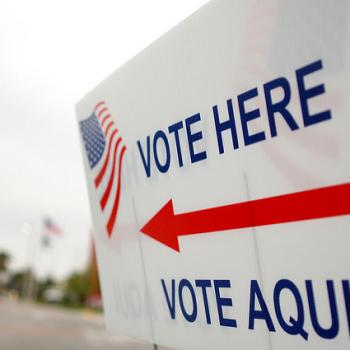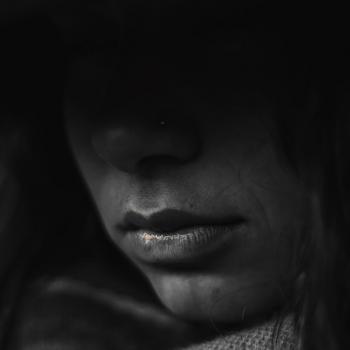This is Day 10 of the #30Days30Writers 2016 Ramadan series.
By Ismat Mangla
In the aftermath of this weekend’s horrific shooting at Pulse, a gay nightclub in Orlando, details continue to emerge about Omar Mateen, the man who slaughtered 49 people in cold blood and left another 53 wounded. We’ve learned that he was a U.S. citizen, born to parents of Afghan origin. We’ve heard that perhaps he had frequented that nightclub as a patron in the past and been on a gay dating site. His second wife may have known what he was planning (and tried and talk him out of it).
He allegedly called 911 and declared his allegiance to ISIS, and that he had not previously been religious or professed interest in Islam in any way. But there is one particular detail that has haunted me since learning about it: Mateen had been married to a woman whom he abused physically and mentally. His ex-wife, Sitora Yusufiy, told law enforcement and later the media about how her parents helped her escape the marriage and, she believes, saved her life.
Mateen’s history as an abusive husband is troubling to me because, unfortunately, it’s a story that’s all too familiar in the Muslim community. It’s not a subject we discuss openly, but you don’t have to dig deep to uncover countless tales of domestic violence swept under the rug. I’ve talked to many women who were abused by their husbands and then counseled by family and religious leaders to work on the marriage, as if the horrors of an abusive husband can be remedied by being a better wife.
I’ve heard terrifying stories of the families of such husbands who condone their violent behavior and even try to distort the Quran to provide justification for it. And, as a woman who escaped her own abusive marriage, I know all too well the shame and isolation that some abused women endure in the community — even if, like Yusufiy, they had supportive families who helped them leave their marriages.
And, is it surprising then that the brew of toxic masculinity and power that so often fuels perpetrators of domestic violence might lead to other forms of violence as well? Mateen may have been driven by homophobia, mental illness and even a far-fetched twisted desire to make a name for himself by pledging to ISIS, but his previous violence should have been a red flag — a sign that he had no respect for the lives of others.
I’m not suggesting that this problem is unique to the Muslim community, or that all Muslim men are abusers, or that all abusers will go on to commit crimes of mass violence. But the fact is, one in three women will be victims of intimate partner violence during their lives, and Muslim women are no exception.
How we, as a community, respond to cases of domestic abuse is a problem. Instead of lifting up and supporting victims, we too often shun them and cover up for the crimes of their abusers. Communities have the power to ostracize those who do wrong, but rarely are Muslim men the public subject of that ire. And so the cycle of violence perpetuates.
Growing up, my mother used to remind us that Ramadan was about more than just not eating during the day. “Allah doesn’t need your hunger. Your fast is useless if you don’t use it to work on yourself,” she would remind us. The point, she said, was to use the month as a time to increase our prayers, to speak more kindly and truthfully and to act with even more generosity and grace toward our fellow human beings.
The ultimate was to self-reflect and self-renew, take stock on how we could be better Muslims and grow closer to God. This Ramadan, I want to challenge our community to reflect on how we can serve our sisters and protect them from the violence that all too often is ignored. I want to challenge Muslim men to speak out against domestic violence to their brothers. I want to beg mothers of sons to instill in them respect for women, and to not cover up for them if they are anything less than respectful.
I want to call on our religious leaders to explicitly discuss why domestic violence has no place in Islam.
If Ramadan is about reforming ourselves, then this epidemic is something worthy of attention and reform in this holy month. If our goal is to please Allah, then let’s start by making the weakest among us safe.
Ismat Mangla is a multimedia journalist covering the business and religion beats. Her work has appeared in Money, Fortune, Al Jazeera, International Business Times, USA Today, CNN and others.












